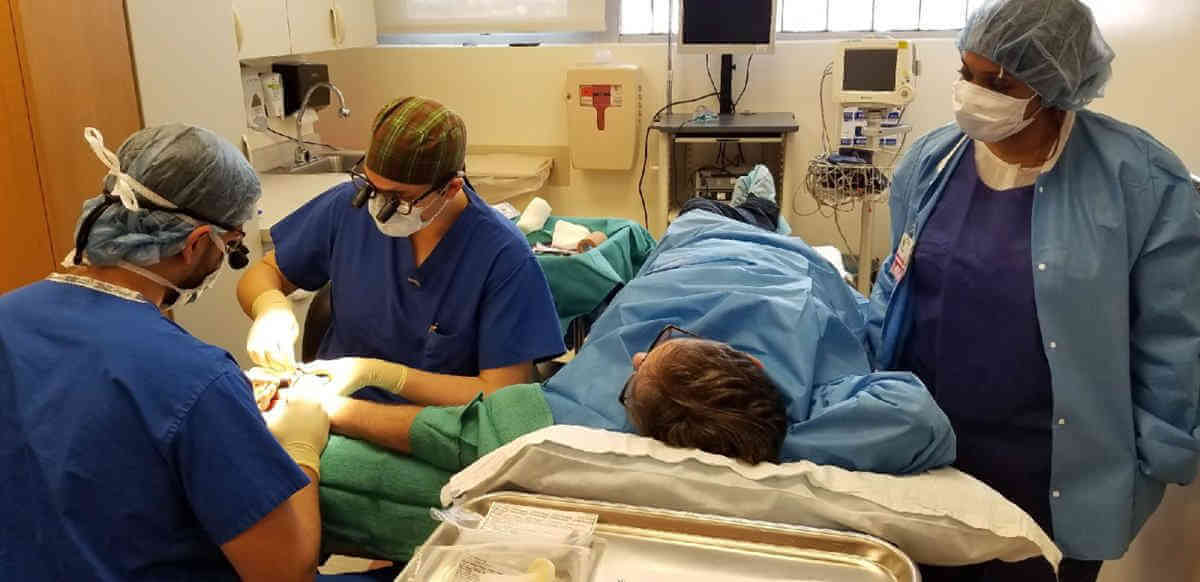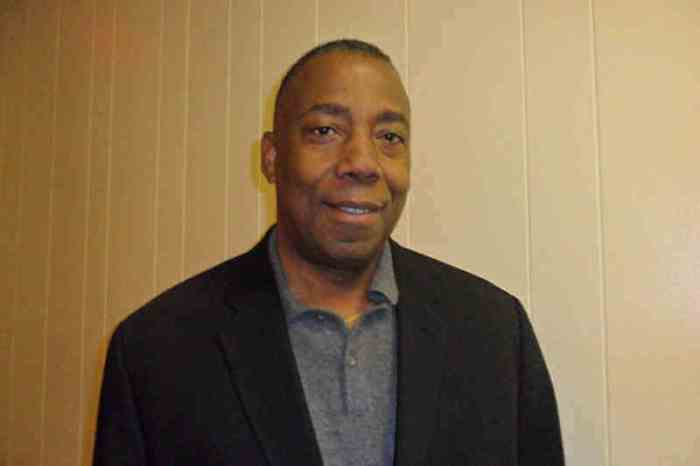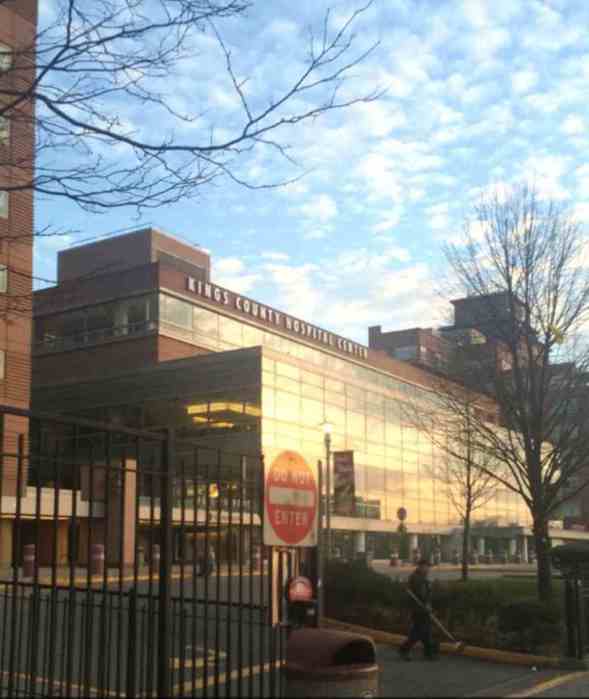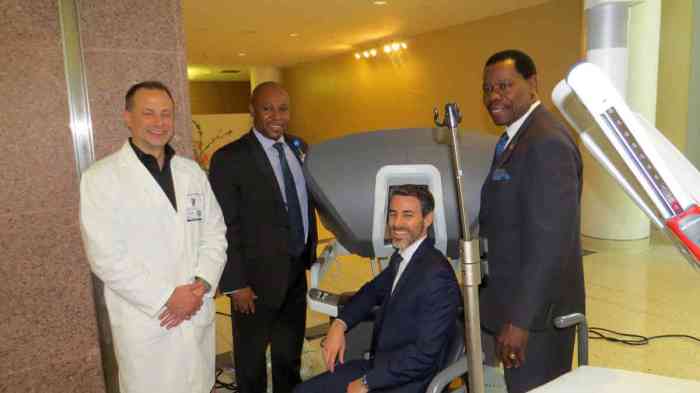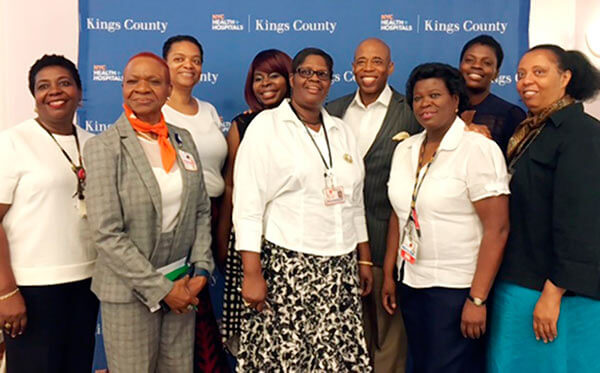A doctor at Kings County Hospital in Brooklyn, officially known as NYC Health+Hospitals/Kings County, has become one of the first doctors in New York City, and likely the first in Brooklyn, to use an innovative method of hand surgery that allows patients to be awake during the outpatient procedure.
Known as WALANT, an acronym for Wide Awake Local Anesthesia No Tourniquet, Kings County Hospital said on Thursday that the surgical technique was first performed at the hospital on Nov. 3, 2017 — one of the first in New York City.
It is believed that Kings County Hospital has the first and only ambulatory facility dedicated to wide-awake hand surgery – with no pre-operative testing or post-operative recovery or monitoring — in the city.
While traditional hand surgeries require general anesthesia and a tourniquet to stem the flow of blood through a vein or artery, the new technique requires neither, Kings County Hospital said. Dr. Steven M. Koehler, director of Orthopedic Hand Surgery at the hospital, performs WALANT surgery in the Ambulatory Care Clinic on patients who are awake during the entire process.
Kings County Hospital said the procedure lasts about 45 minutes from check-in to check-out.
The hospital said patients receive an anesthetic injected at the surgical site, epinephrine to stop bleeding and lidocaine to subdue pain – the same medications commonly used in simple dental procedures.
The most common conditions for which WALANT surgery is available at Kings County Hospital include carpal tunnel release, follow-up surgeries after amputation (often called revision surgery), the removal of cysts that develop on the wrist (dorsal wrist ganglion excision), tendon repairs and transfers, reconstructive repair of wounds and the removal of dead tissue or foreign objects.
“When patients are not sedated during surgery, they are able to receive education and more readily participate in their care,” Dr. Koehler said.
“With the lack of sedation, their memory is not impaired, and they can leave right after the surgery, without having to recover from sedation or unnecessary opiates,” he added.
“They can ask questions and see a repair — perhaps a return of function — during the surgery,” he continued. “Educating the patient during surgery not only provides better outcomes and fewer complications but is beneficial to the overall patient experience.”
Kings County Hospital said patients also benefit in other ways from WALANT surgery.
It said patients don’t need pre-operative procedures, such as EKGs or chest X-rays, nor do they need an anesthesia consultation. There’s no fasting or changing medication schedules beforehand, which is particularly important to those with diabetes.
Kings County Hospital said the procedure is quicker, and, because the surgeon can perform more surgeries each day, there is typically less time to wait for an appointment than for traditional hand surgery. Importantly, Kings County Hospital said there are also fewer complications. In some cases, the hospital said WALANT offers a treatment when traditional surgery is not an option.
It pointed to a recent example of a woman who needed repairs for cut tendons and nerves in her hand, but open surgery was contraindicated because she is pregnant.
The WALANT surgical technique was developed largely in Canada, led by Canadian hand surgeon Dr. Don Lalonde, Kings County Hospital said.
It said Dr. Lalonde has noted that the main challenge to pure local anesthesia and getting rid of the tourniquet was the myth that epinephrine injection in the finger commonly led to necrosis.
In recent years, Kings County Hospital said the procedure has become increasingly popular in Canada, as well as in England, China and Brazil, among other countries.
The nascent popularity in the United States is possible because no Federal Drug Administration (FDA) approval was needed, since it is neither a device nor a new drug, and the drugs that are used have been used safely for decades, Kings County Hospital said.


